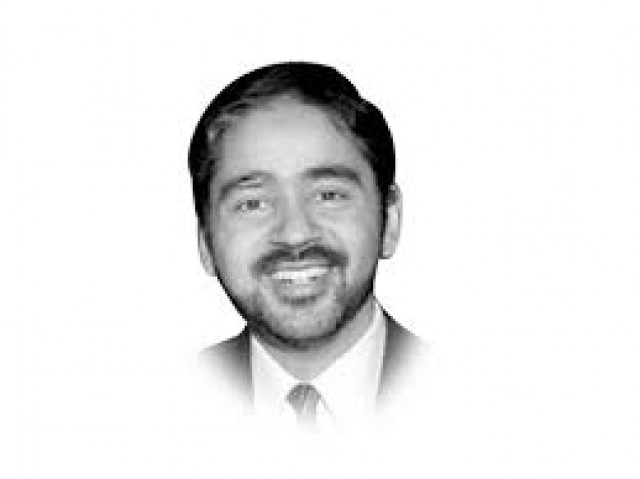The future of science festivals
Science cannot progress forward until our barriers of gender, socio-economics, ethnicity and sect are broken

The writer is a Howard Hughes Medical Institute professor of biomedical engineering, international health and medicine at Boston University. He tweets @mhzaman
PHOTO: FILE
At the same time, I also worry about the future of science and science melas in the country. We know that the future of science is inclusive, and we know that science cannot progress forward until our barriers of gender, socio-economics, ethnicity and sect are broken down. One of the most remarkable things about the Lahore Science Mela has been the strong presence of female students who were sharp, smart, detail oriented, passionate and determined. But I worry when I hear the misogyny spewed by Rana Sanaullah and Abid Sher Ali – people who are supposed leaders, in charge of institutions and lack basic human decency. Not only do they spew venom when they speak, they also do not have the dignity to apologise. I also worry when the supposed custodians of science in the provinces and the country fail to go beyond a pre-fabricated condemnation.
I often wonder about the oft-repeated statement from the politicians that the women are like our sisters and daughters. So basically, if someone is not your sister and daughter, she is not worthy of respect? There is no respect for a person, as a person. Does she have to be a sister or a daughter, otherwise she is fair game for insult, harassment and attacks? In this hostile environment, I wonder what future does a young girl, who wants to be an innovator, scientist, engineer or a scholar sees when she hears on national television how the men in charge talk about women? What does a young girl think about when she hears a group of bigoted men paralyse the capital and say that it is ok if girls do not go to school? And perhaps, most importantly, what does she think about when she sees that there are no consequences of these words and action?
The same level of bigotry is seen in the National Assembly when the name of Dr Abdus Salam is sullied by those who are bigoted and completely ignorant in science. Is science and recognition left only for the privileged Sunni men from the right province?
The science melas are a start and have a long way to go. We have to foster creativity and critical thinking. We have to train our young scientists to be rigorous, to inquire deeply and to pursue excellence. We have to ensure that they find the right mentors to cultivate their passion. But to do any of this, we need to create enabling and nurturing environment where they feel safe to ask questions, to pursue their dreams and to find the fulfillment in knowledge creation.
None of this would be possible if the society at large allows our leaders to continue on their hateful ways. If these science melas do not create a national movement for creativity, and inclusion, it won’t be because our youth aren’t smart. It will be because the adults are bigoted, sexist and racist.
Published in The Express Tribune, May 8th, 2018.














COMMENTS
Comments are moderated and generally will be posted if they are on-topic and not abusive.
For more information, please see our Comments FAQ